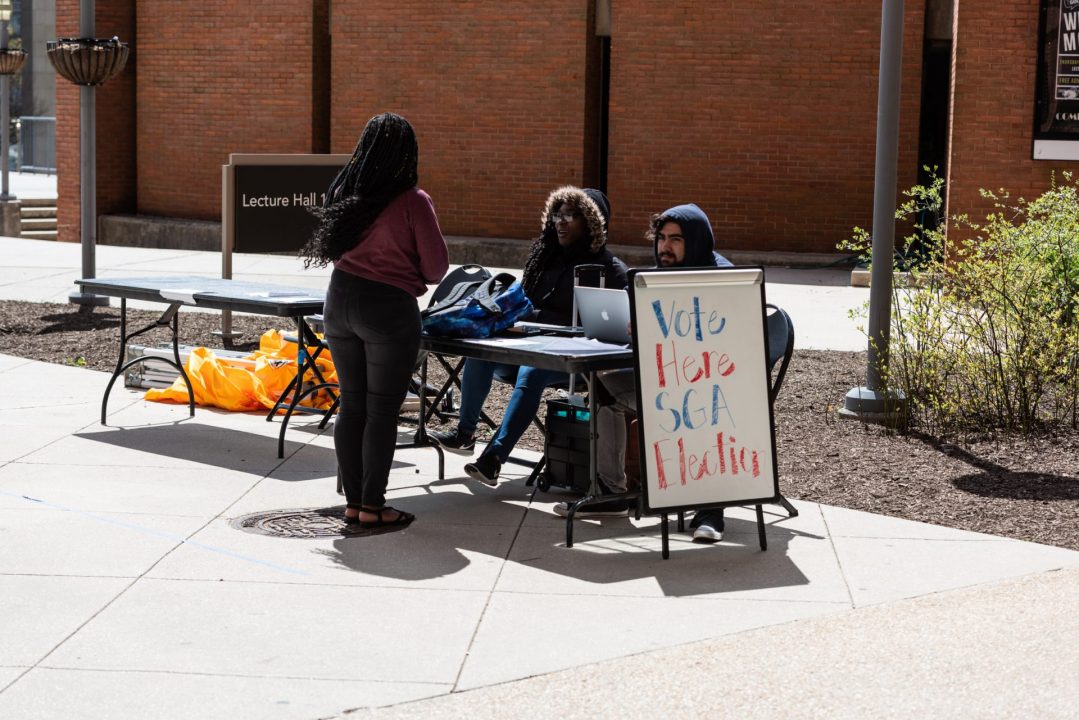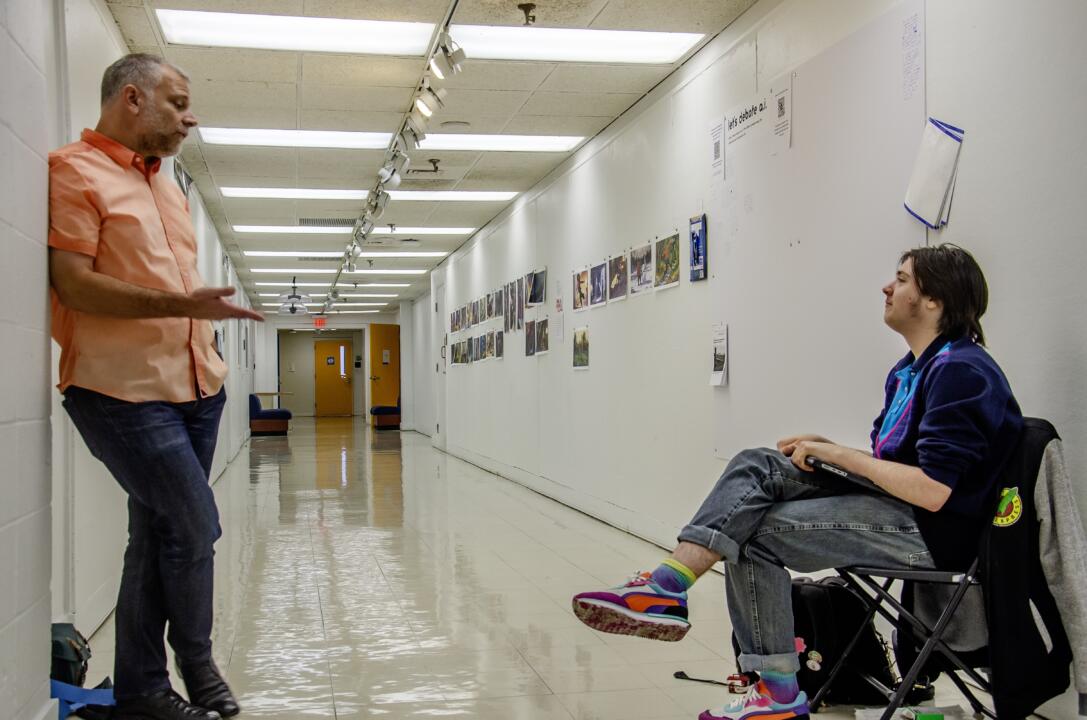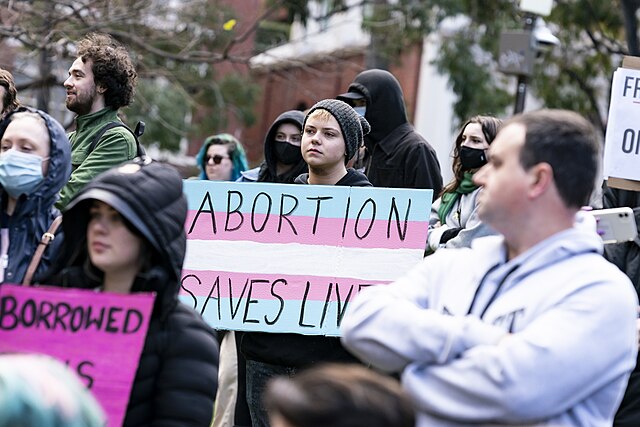Incoming officers of the Student Government Association for the 2019-20 school year were announced on Friday after online and in-person voting. While most students are familiar with SGA, some do not know how the association is organized and how elections are held.
Many, but not all, positions in SGA are chosen through elections each spring. The available positions were the President and Executive Vice President, the Vice President for Student Organizations, Treasurer, eleven Senators and five Finance Board Representatives. The election of these positions is overseen by the election board, which is comprised of eight neutral students who oversee election policies, confirm that candidates meet the requirements of student life, and hear complaints regarding the violation of election procedures. Jessica Kweon, a sophomore studying biology, chairs the election board.
Kweon implemented changes to the election process in order to ensure its safety and integrity, and to increase the visibility of voting on campus. Kweon noted that in past years “there were a lot of issues regarding corruption,” such as people “shoving” iPads or phones at students to vote, which is why many of the current rules are in place. She notes that “last year, even though voter turnout was low, it was the safest election we have had in years.” Kweon’s goal for this election cycle was to uphold the safety of the elections while increasing voter turnout from last year, which marked the lowest voter turnout (611 students voted) in SGA history. They were successful in this goal; this year 750 people voted, an increase of 23 percent.
To maintain the safety of the elections, the election board made significant changes to the online voting system. Students were encouraged to participate in online early voting after reading the candidates’ platforms on their websites, and online voting occurred at “really odd hours, from 7 p.m. to 7 a.m., to ensure they were not going to be approached by any campaigners.” Students were also invited to vote in-person on Monday and Tuesday at polling stations in the library atrium, the Game Room and the breezeway. According to Kweon, “there was never a time when there wasn’t an election board member” present at the polling stations.
When asked how lack of participation has affected SGA operations, Kweon noted that there is not just a lack of voters, but also a lack of candidates. She stated, “an issue we did have is just making races competitive. We haven’t had that issue a lot in the past,” as there are usually multiple candidates for positions, especially for executive titles like President, Executive Vice President and Treasurer. Nevertheless, Kweon maintained a hopeful attitude about the upcoming year of candidates. Kweon summed up her goal for elections by stating that “we are trying to mimic real life because at the end of the day it is a government.”
As Kweon eluded to, the SGA is comprised of three branches. The executive branch contains the President and Vice President, Treasurer, Vice President for Student Organizations, the Department of Communications, the Department of Special Projects and the Executive Council. The legislative branch is made up of the Finance Board and the Senate, and the judicial branch houses the Appeals Board and the Election Board.
Although not all of the aforementioned positions are elected, the appointed positions like the Executive Council are equally vital to the operations of the organization. The council was created last year by outgoing President Collin Sullivan and Executive Vice President Vrinda Deshpande in an effort to hear the voices of UMBC students more clearly. Before the creation of the council, the Executive Branch was constructed entirely in departments like the Department of Health and the Department of Community Service. According to Deshpande, they “saw a lot of issues with that structure,” stating it would make the Executive Branch far too large if they were to fill each department with five to seven representatives each, department labels and hierarchies could restrict people in the types of changes they wanted to make, and it would be difficult to devote enough attention to each individual.
To combat these concerns, Sullivan and Deshpande created an Executive Council of “roughly seven at-large appointed officers that would work on short-term projects and initiatives on campus,” according to Deshpande. This year, the council has “helped unify environmental student organizations through the formation of an ECO Coalition, aided in the development of a Sustainability Student Leadership Retreat, and has worked alongside Chartwells to reduce plastic bag waste at Outtakes and gathered students to pack more than 400 lunches in order to fight food insecurity in our community.”
This combination of appointed and elected positions works with faculty, staff and administration to impact policy regarding student life at UMBC. As the newly-elected members of the SGA take their positions, they attempt to continue representing the interests of their fellow students.


